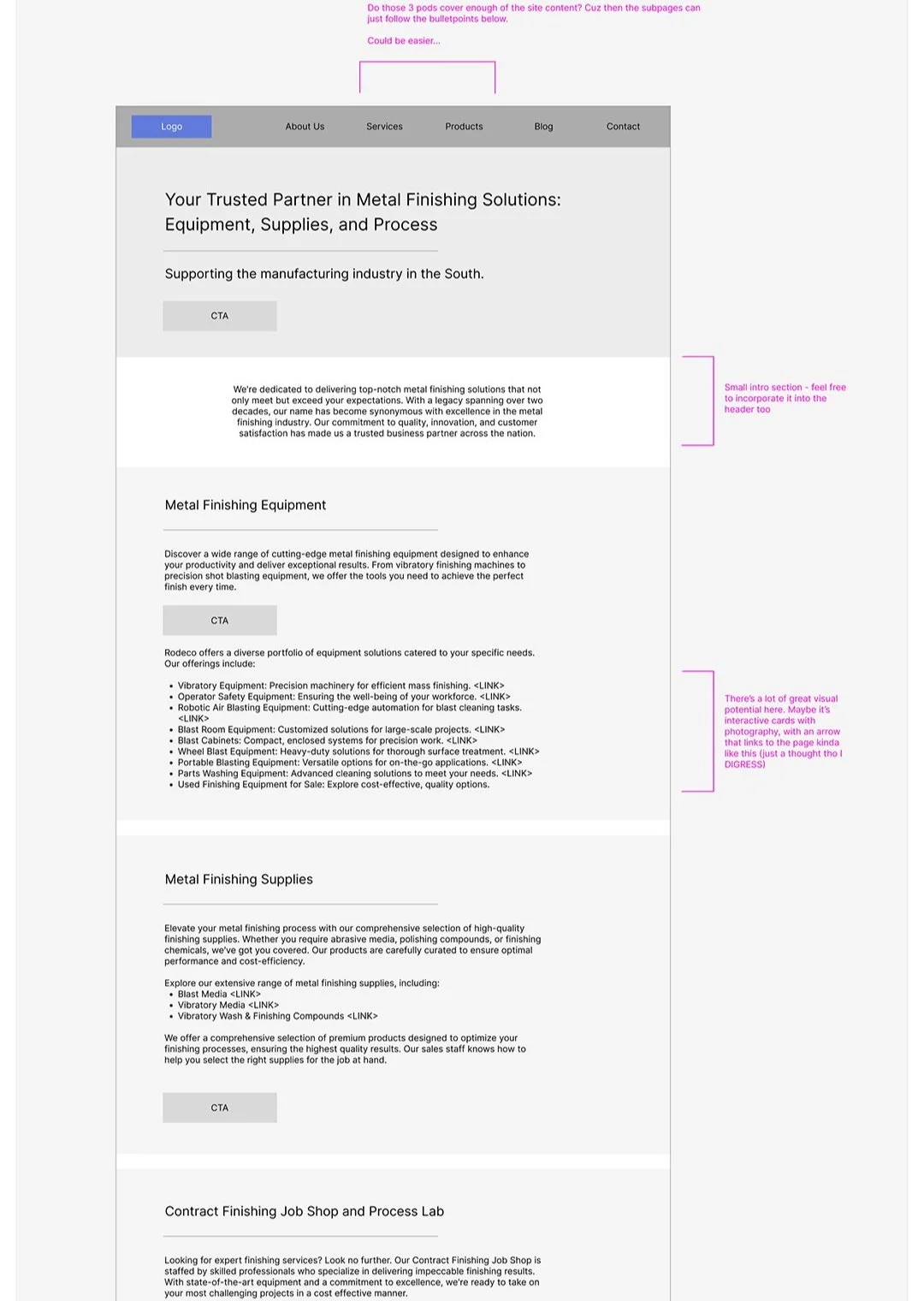Research Question
How can personalized visual, auditory and gestural cues during a virtual group conversation encourage active listening by non speech impaired participants and encourage participation by speech impaired participants to create an inclusive and supportive environment for speech impaired users?
Sudden speech impairment can mentally and physically tax individuals, negatively affecting their quality of life. The recent introduction of artificial intelligence used within applications for speech and speech therapy practices presents a rich opportunity to encourage and improve virtual social group conversations for senior adults with sudden speech impairment.
Drawing from communication and learning theories and guided by Multimedia Learning Theory Principles, this investigation explores how a personalized AI interface could seamlessly support and facilitate inclusive virtual social group conversations for older adults with sudden speech impairment. The resulting studies examine how personalized gestural, verbal, and auditory cues can combat the heightened and complex challenges speech-impaired senior adults face as speakers and listeners in virtual video group conversations. These studies focus on situations where speech-impaired adults converse with non speech-impaired family and friends through design explorations of turn-taking dynamics, response feedback, adjusting airtime, and active listening.
Programs: After Effects, Adobe Illustrator, Adobe InDesign, Adobe Photoshop, Figma, Miro
Spring 2023











































































